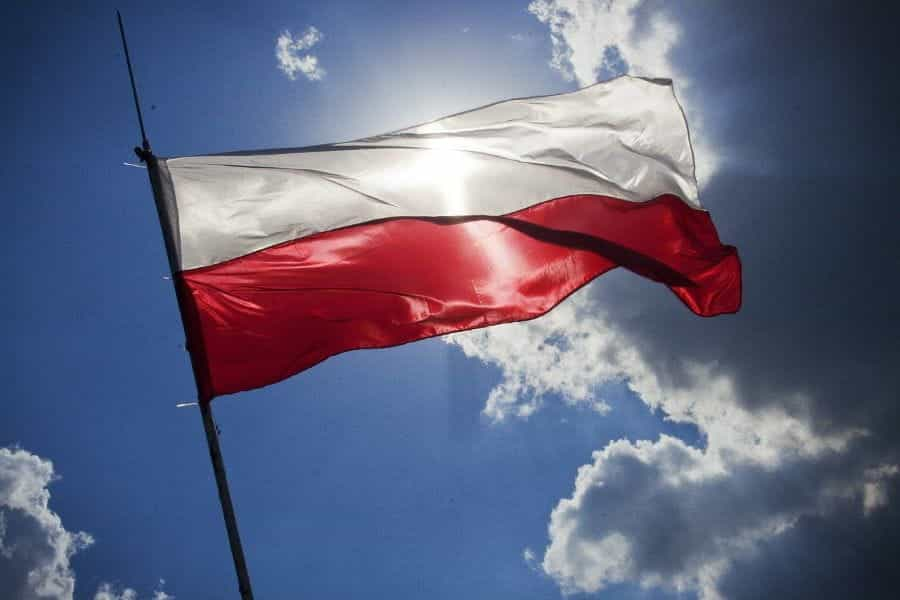Trade Association Demands Change in Poland
The gambling industry trade association has asked for an overhaul of the gambling framework in Poland in a petition that it has presented to the government. The changes that the association is asking for are related to the tax policy that is currently in place for online and land-based gambling operators in the country.

The gambling trade association in Poland has called for the government to make changes to the regulatory framework surrounding gambling in the country. The current legislation is regarded as detrimental to the gambling market in Poland. ?kaboompics/Pixabay
Polska Izba Gospodarcza Bran?y Rozkywkowei (PIGBRiB), the Polish gambling trade body, recently published a report in which it outlines its idea for the implementation of these changes. The petition was submitted to the SEJM in Warsaw.
The main issue that the report seeks to rectify is the 12% tax that is currently levied against gambling operators in Poland. PIGBRiB has suggested that a 20% tax on gross gaming revenue (GGR) would be a better option. The association believes that such changes would help attract international business to Poland and would help continue its economic growth.
In its report, PIGBRiB outlined four criteria that it deems to be essential for the revitalization of the gambling market in Poland. Firstly, the association believes that it is necessary to develop a regulatory authority that will strictly monitor all business that is performed by licensed operators.
Additionally, it suggested that any future legislation aimed at regulating gambling in Poland should be drafted to predominantly have social and economic benefits. PIGBRiB believes that if such an approach was taken, not only would the state benefit from increased revenue streams but it would also help to remove the ‘grey areas’ from the gambling market.
Such ‘grey areas’ have been used by unlicensed operators to illegally conduct their business in the country despite legislation that was implemented in 2017 that aimed to stop it.
Another suggestion from the report by PIGBRiB was to allow both state and private entities to operate in the market. By continuously analyzing the status of these operators, the government could ensure that the market conditions in Poland remain in balance, which would benefit both state and private business.
The final suggestion from PIBGRiB’s petition was to ensure that future policy implemented by the government uses suggestions from the consumers to generate ideas. Using such an approach could help to ensure that future gambling policy is protecting and helping consumers, rather than any other interests.
The suggestions that were made in the report were developed from and backed-up by case studies of other EU member states. Such studies of effective legislation, regulation, and taxation of the gambling markets in other countries have helped PIGBRiB to compile the report, which it sees as the optimal way to enhance revenue while also protecting consumers at the same time.
Current Legislation
In 2017, the Polish government implemented the controversial tax regime that is currently in place. Right from the off, the decision drew wide-scale criticism, with many saying that it would deter international businesses from operating in Poland. The decision led to the withdrawal of big-name operators such as William Hill, Betfair, and Mr. Green.
This legislation saw Poland develop a reputation as an “unworkable marketplace” in the eyes of many of the large European gambling operators.
In addition to the high levels of taxation leveled against operators, the Polish gambling market also took a hit as a result of the decision from the government to allow Totalizator Sportowy, an online casino operator, to have an exclusive monopoly on online casino games.
The policy that was implemented in 2017 has had several years of grace now to demonstrate whether the 12% tax on turnover is beneficial for the country’s gambling market as a whole. In the eyes of PIBGRiB, it has been the opposite of a success.
The trade association feels that in the wake of the mass exodus of gambling operators from Poland and with the aspirations for Poland to become a powerful modern economy, new policies need to be introduced to make the market in the country more appealing for foreign businesses to operate in.
The key to the argument is the idea of replacing the 12% tax on the turnover of operators with a 20% tax on GGR. Using evidence gathered from European case studies, PIBGRiB has argued that such a tax rate would put Poland’s market on a level playing field with other nations in Europe, and therefore operators would be more open to conducting business in the country.
The SEJM, or the lower house of the parliament, is yet to respond to the calls and it remains to be seen whether the government will take these suggestions on board.
 Online Casinos UK
Online Casinos UK



